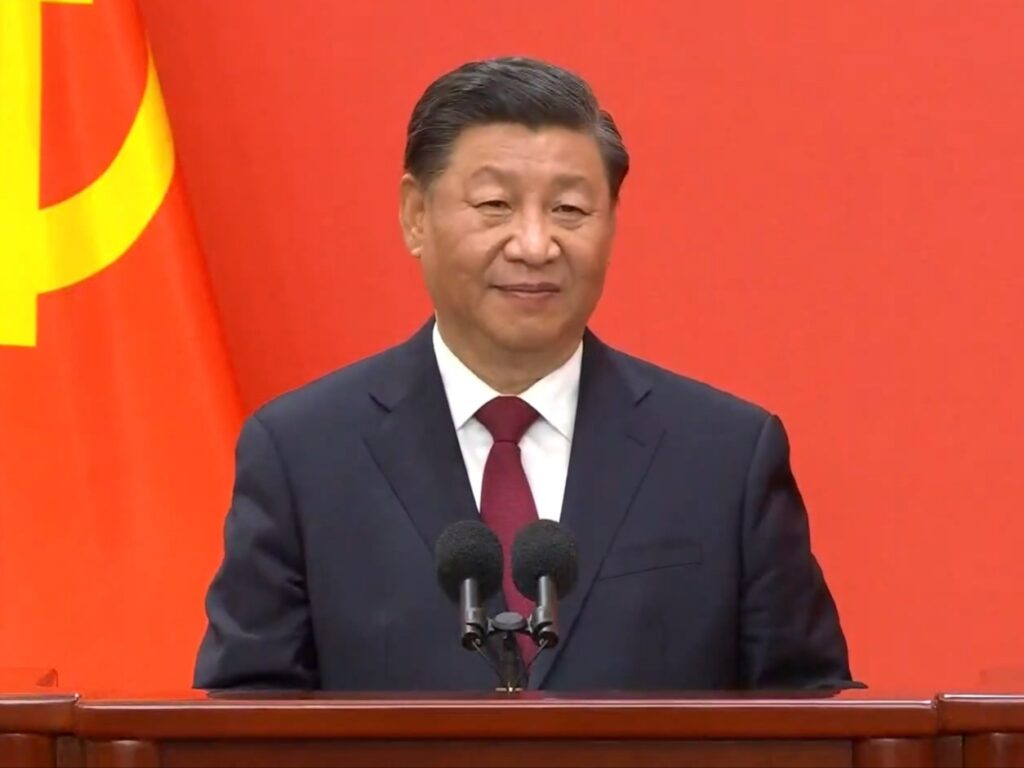Chinese President Xi Jinping secured a historic third term on Friday after a formal vote by parliament. Xi Jinping has cultivated a core of loyalists with the Chinese Communist Party (CCP) allowing him to become one of the country's most powerful leaders in generations.
Under the dictatorial Chinese system, it was no surprise that Xi Jinping was re-elected unanimously by all 2,952 deputies, with zero against and zero abstentions. The result of the deputies’ vote was announced shortly before 11:00 on Friday.
The Chinese constitution holds that China is a one-party state, entirely governed by the CCP. Although other minor subjugated parties exist, the CCP has a total monopoly on political power.
Internationally, China is considered to be one of the least democratic countries in the world, where freedom of speech, freedom of assembly, and freedom of religion are all tightly controlled by the state.
Here to stay
In October, the 69-year-old Chinese leader obtained a five-year “extension” to his role at the top of the CCP and the military commission, the two most important seats of power in the country. As the only candidate, Xi Jinping was reappointed as the Head of State for the same period. The Chinese government abolished term limits for the presidency in 2018, allowing Xi to rule for life.
It has been a difficult few months for the Chinese premier, who has faced rare civilian opposition over China’s abortive “zero Covid” policy which plunged China into repeated lockdowns and caused a wave of deaths after it was lifted.
Related News
- Covid ‘most likely’ caused by lab leak in Wuhan, FBI says
- Belgium lifts Covid-19 testing requirement for flights from China
Following the removal of China's No. 2 Li Keqiang during the last CCP party congress, the annual session of the parliament also confirmed the appointment of Li Qiang as the country’s new prime minister. Li is a fierce loyalist to the Chinese premier. A new vice-president, Han Zheng, was also elected on Friday.
The Chinese parliament and its deputies have pledged to focus on an institutional reform project aimed at beefing up the country’s Ministry of Science and Technology, as well as digital capacities, in face of what Beijing describes as Western “containment” of China in this sector.

